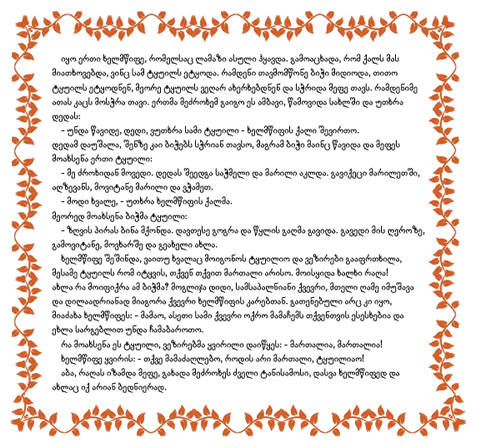Manao is solving a problem with the following statement:

He came up with a solution that produces the correct answers but is too slow. You are given the pseudocode of his solution, where the function getAnswer calculates the answer to the problem:
getAnswer(a[1..n], b[1..len], h)
answer = 0
for i = 1 to n-len+1
answer = answer + f(a[i..i+len-1], b, h, 1)
return answer
f(s[1..len], b[1..len], h, index)
if index = len+1 then
return 1
for i = 1 to len
if s[index] + b[i] >= h
mem = b[i]
b[i] = 0
res = f(s, b, h, index + 1)
b[i] = mem
if res > 0
return 1
return 0
Your task is to help Manao optimize his algorithm.
Input
The first line contains space-separated integers n, len and h (1 ≤ len ≤ n ≤ 150000; 1 ≤ h ≤ 109). The second line contains len space-separated integers b 1, b 2, …, b len (1 ≤ b i ≤ 109). The third line contains n space-separated integers a 1, a 2, …, a n (1 ≤ a i ≤ 109).
Output
Print a single number — the answer to Manao’s problem.
Examples
input
5 2 10
5 3
1 8 5 5 7
output
2
Solution:
#include <vector>
#include <list>
#include <map>
#include <set>
#include <deque>
#include <stack>
#include <bitset>
#include <algorithm>
#include <functional>
#include <numeric>
#include <utility>
#include <sstream>
#include <iostream>
#include <iomanip>
#include <cstdio>
#include <cmath>
#include <cstdlib>
#include <ctime>
#include <memory.h>
using namespace std;
const int N = 2000010;
int mx[N], add[N], a[N], b[N];
void modify(int x, int l, int r, int ll, int rr, int v) {
if (l > rr || ll > r) return;
if (l >= ll && r <= rr) {
add[x] += v;
return;
}
if (add[x] != 0) {
add[x + x] += add[x];
add[x + x + 1] += add[x];
add[x] = 0;
}
int y = (l + r) >> 1;
modify(x + x, l, y, ll, rr, v);
modify(x + x + 1, y + 1, r, ll, rr, v);
mx[x] = mx[x + x + 1] + add[x + x + 1];
if (mx[x + x] + add[x + x] > mx[x]) mx[x] = mx[x + x] + add[x + x];
}
int main() {
int n, len, h;
scanf("%d %d %d", &n, &len, &h);
for (int i=1;i<=len;i++) scanf("%d", b+i);
sort(b + 1, b + len + 1);
reverse(b + 1, b + len + 1);
for (int i=1;i<=n;i++) {
int foo;
scanf("%d", &foo);
int ll = 0, rr = len;
while (ll < rr) {
int mid = (ll + rr + 1) >> 1;
if (foo + b[mid] >= h) ll = mid;
else rr = mid - 1;
}
a[i] = ll;
}
memset(mx, 0, sizeof(mx));
memset(add, 0, sizeof(add));
for (int i=1;i<=len;i++) modify(1, 0, len, i, i, -i);
for (int i=1;i<=len-1;i++) modify(1, 0, len, a[i], len, 1);
int ans = 0;
for (int i=len;i<=n;i++) {
modify(1, 0, len, a[i], len, 1);
if (mx[1] + add[1] == 0) ans++;
modify(1, 0, len, a[i - len + 1], len, -1);
}
printf("%d\n", ans);
return 0;
}
Related posts:
Big Secret
Love "A"
The Stern-Brocot tree and Farey sequences
Context Advertising
New Year and the Mallard Expedition
Solve RMQ (Range Minimum Query) by finding LCA (Lowest Common Ancestor)
Vertical decomposition
Optimal Point on a Line
Optimal schedule of jobs given their deadlines and durations
SMSC
Hate "A"
Vanya and Computer Game
Quiz
Points on Line
AND Graph
Union of Doubly Linked Lists
Dima and Horses
Function
Suffix Array
A Lot of Games
Count the Arrays
Matching Names
Tanya and Password
Closest Equals
Design Tutorial: Learn from Life
Superhero's Job
Bits And Pieces
Segment Tree
Robots protection
Another One Bites The Dust
Powered Addition
Modular Multiplicative Inverse

